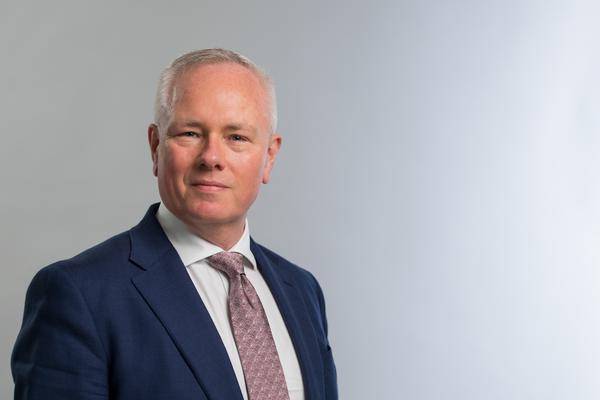
(3 min read)
Addleshaw Goddard’s inaugural Infrastructure Advisory Forum on 15 May convened 50 public and private sector leaders to address the future of UK infrastructure amidst political and economic challenges. Key takeaways include the need for cross-party consensus on long-term investment strategies, reframing infrastructure as an 'investment' rather than a 'cost', and extending the Government's infrastructure pipeline beyond 10 years to boost market confidence. Stakeholders must focus on strategic project selection, adaptable funding models, empowering devolved authorities, and simplifying procurement processes. Sustainability and attracting international investment were also prioritised. Follow-up roundtables are planned for the Autumn.
On 15 May we hosted our first event in our Infrastructure Advisory Forum series at our Milton Gate office. This was an insightful event that brought together leading voices from around 50 clients across the public and private sectors, to discuss the future of UK infrastructure. The event featured prominent speakers, including Mark Goldstone, Policy Manager Head of UK Competitiveness at the CBI, Henri Murison, Chief Executive of the Northern Powerhouse Partnership and Richard Goodfellow, Head of Infrastructure & Energy at Addleshaw Goddard. Attendees represented a broad spectrum of stakeholders, including developers and facilities management providers, primary and secondary market investors, lenders and representatives from the National Infrastructure and Service Transformation Authority (NISTA).
Operating under Chatham House rules, the forum facilitated an open and candid exchange of views on critical issues in the sector in the advent of the Government Spending Review, the infrastructure pipeline due to be published by the NISTA and the Government's 10-year Infrastructure Strategy.
An overarching point discussed in the room was that UK infrastructure investment and growth is impacted by and suffers from being tied to politics. Where other countries are able to agree an infrastructure investment plan and pipeline on a cross-party basis, this is not something that we currently have. The attendees felt that such an approach would better support long-term stability and also that there needed to be a shift in the language used – infrastructure should be framed as an 'investment' rather than a 'cost'.
Interestingly some of the discussion points from our event are echoed in an interview given by Sean Sweeney, the newly appointed Programme Director for the Dublin MetroLink Project (you can read the interview here). The ability to move beyond politics and agree that nation building should be a priority is a theme which continues to be brought to the fore when considering the future of UK Infrastructure.
Other key points raised at the Infrastructure Advisory Forum included:
- There is a need and desire from the market for a long-term and adaptable approach to infrastructure investment. Participants agreed that the NISTA pipeline and the Government's 10-year Infrastructure Strategy must provide greater certainty to the market and would ideally extend beyond 10 years to ensure sustained investor confidence.
- The Government should first be focussing on a strategic approach to project selection, then based on that it can be decided how projects are funded, which may include changing the fiscal rules. Attendees agreed that a one-size-fits-all model is impractical, certain projects, such as the Lower Thames Crossing, will benefit from a 'non-traditional' funding model, however there may be projects where public sector capital funding is the only sensible option.
- All facets of a project should be considered when looking to maximise funding opportunities. For example, if neighbouring land values increase as a consequence of the infrastructure investment, that should be leveraged as a means to offset initial investment costs.
- The group emphasised the importance of empowering devolved authorities with revenue-generating powers, such as localised taxation, to enable them to take on greater financial risk and drive local decision-making.
- Sustainability was highlighted as a critical consideration in future infrastructure planning, alongside the need to attract international investment by reducing risk and improving returns.
- Simplifying procurement processes and addressing challenges such as legal complexities, risk transfer models, and the capacity of the FM industry were identified as priorities for any new infrastructure model.
Overall, there were strong views in the room that we already have a range of existing models that could be adapted to create an effective plan for the UK's infrastructure future, yet in order to be successful, there needs to be a robust pipeline of deliverable projects and access to the necessary expertise, particularly within the public sector. In addition, the ability to move beyond politics and develop and implement strategic thinking and decision making, rather than tactical short-term thinking, would be of significant benefit for the future success of UK infrastructure.
Next steps
We will be hosting follow-up round table events in our Manchester, Leeds, London and Edinburgh offices in the Autumn, so watch this space for further developments.






